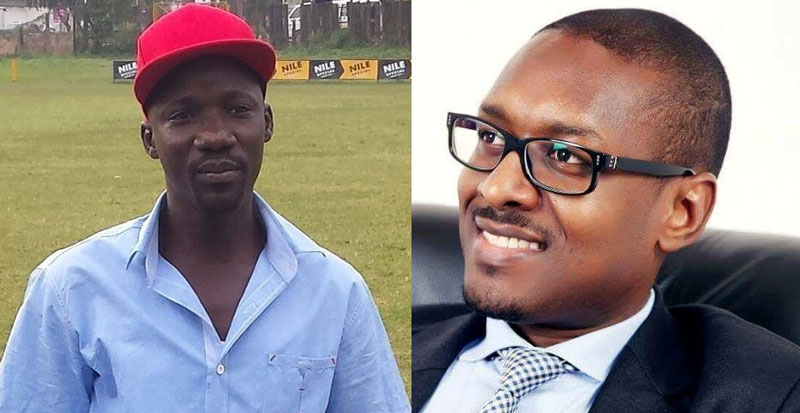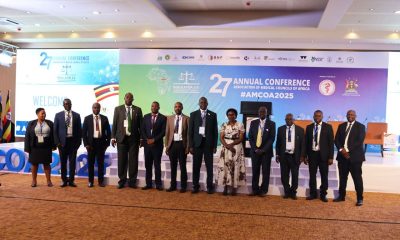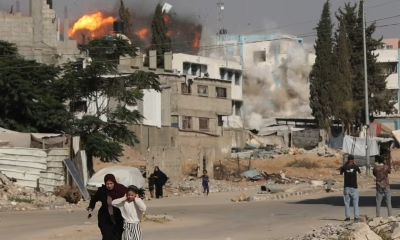News
Akena murder; Media under the spotlight
The media has come under criticism for sensationalising and possibly misrepresenting facts about the murder of a child rights activist Kenneth Akena at Lugogo Mall in Kampala this week.
The first source of criticism came from Police spokesperson Andrew Felix Kawesi who claimed that media could be held culpable for facilitating murder by choosing to watch from the sidelines for a story instead of reporting the case to police.
“Why [would] a normal person cover people killing somebody without calling police and then after telecasting your video clips you start saying you don’t support such yet you were there while it was happening and you didn’t call police, “Kawesi warned journalists: “Please stop covering such and call police for nobody is allowed to kill somebody.”
Kawesi’s concerns also came after some media outlets telecast incidents of mob justice that occurred in Kyengera this week as residents descended on a suspected thief and clobbered him to death.
Another incident happened when one Richard Sekemba was killed by someone who claimed that Sekemba had stollen his motorcycle. The incident happened in Namasoo, Nakasongora district.
Kawesi added: “There is no way you can say that you don’t support mob justice yet whenever you see such you don’t call police and if we are starting to investigate the cameraman is the first witness. Media has been too instrumental in this.”
Kawesi urged journalists to ‘start acting as responsible citizens. “Nobody is authorized to take laws as he /she wishes that’s why Judiciary is there please media cooperate with the police because you get informed quickly than police”
But Robert Ssempala, the coordinator of Human Rights Network of Journalists- Uganda, which fights for journalists’ freedom. Ssempala defended the media saying they are simply the mirror of society. He instead shifted blame on the police for failing to sensitize the population about the dangers of mob justice.
Citizens react
Although mob justice has been criticised, a number of people still shockingly favour it on grounds that the judiciary is incapable of bringing the criminals to book.
Ismail Kayongo a trader in Kikuubo for example said: “I think people are tired of seeing people who kill or steal other people’s lives and when they are taken to courts, they come out only a few days.”
Kayongo told Kawesi to stop interfering into the work of journalists and that the fourth estate should be left to mirror society.
But Isaac Kawooya a business man warned that mob justice is more dangerous than it appears because damages a countries international reputation: “Telecasting mob justice is too dangerous to our country’s outside image.
It sabotages tourism and investment opportunities since mob justice is a sign of weak security and savage hearts of the citizens in the country which threatens investors and also limits follow of foreign exchange and this has held back our economy in one way or the other”
Comments



















